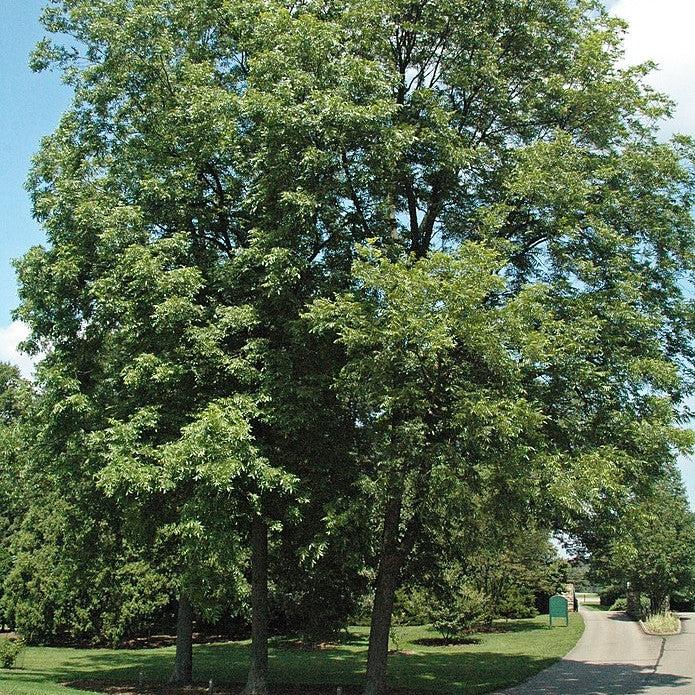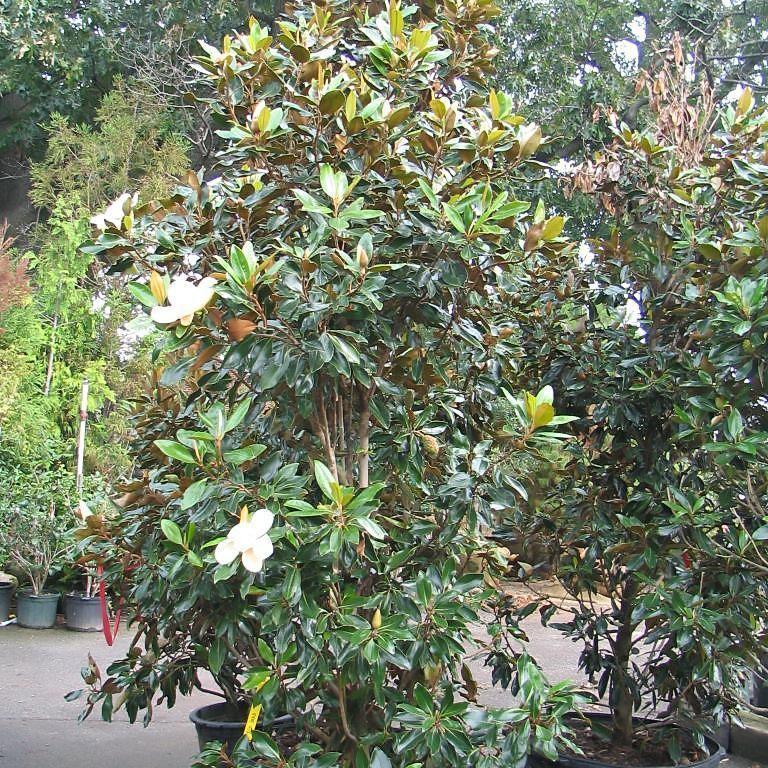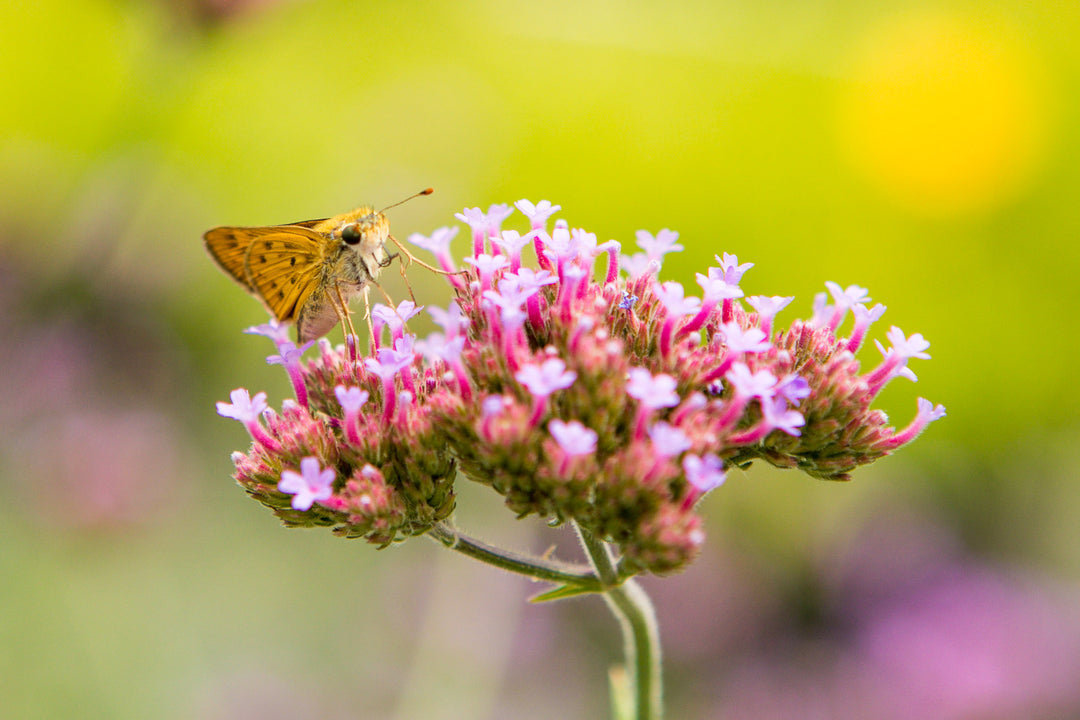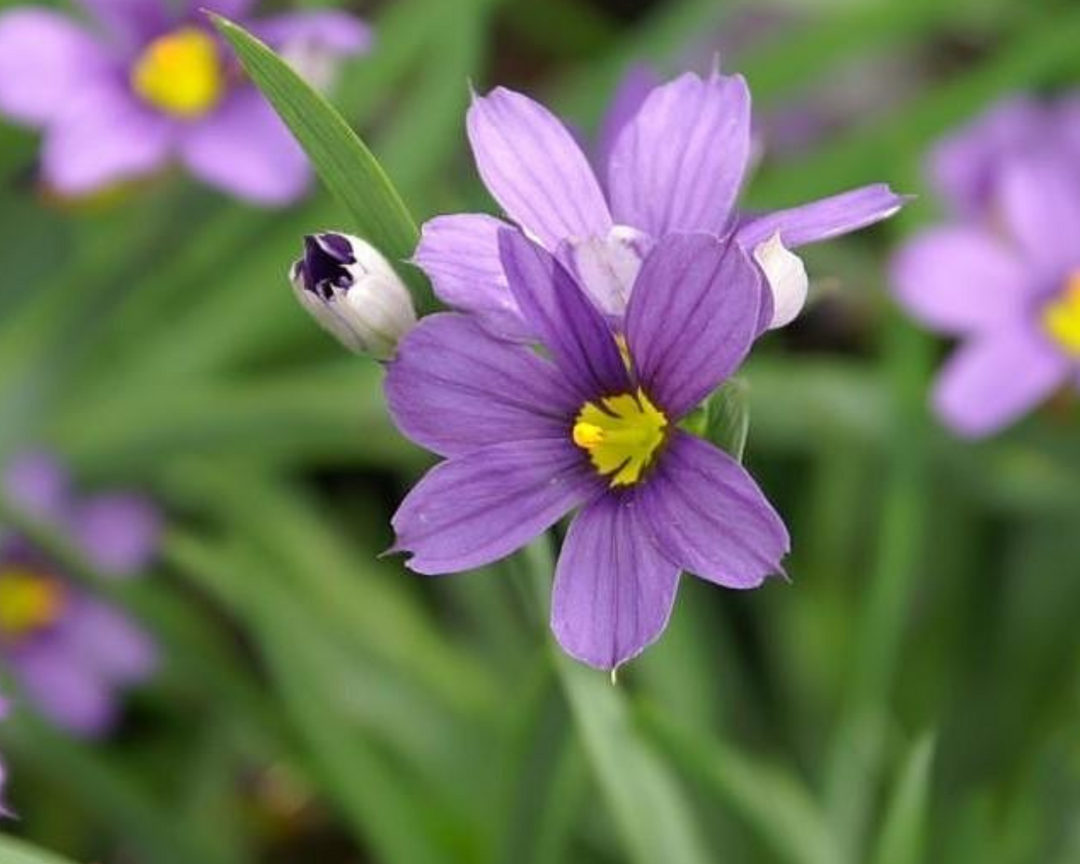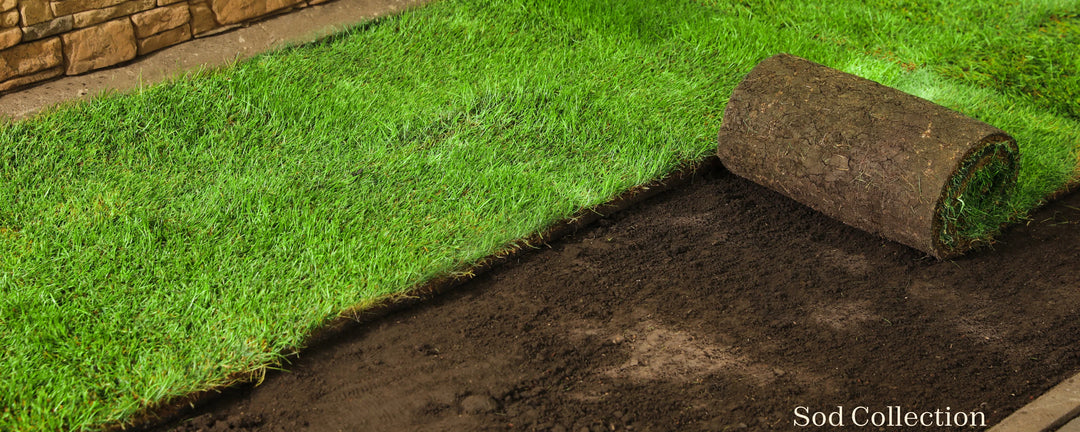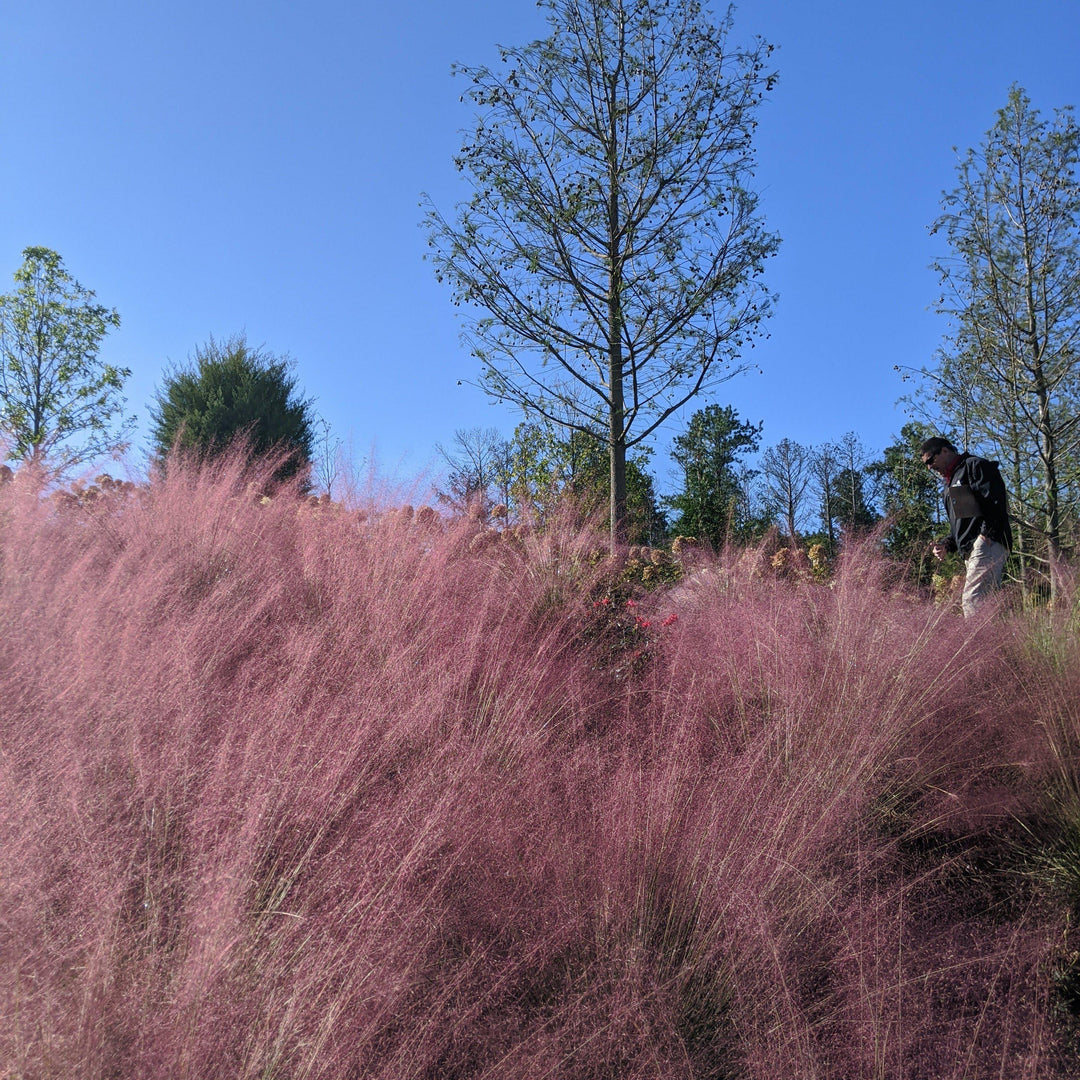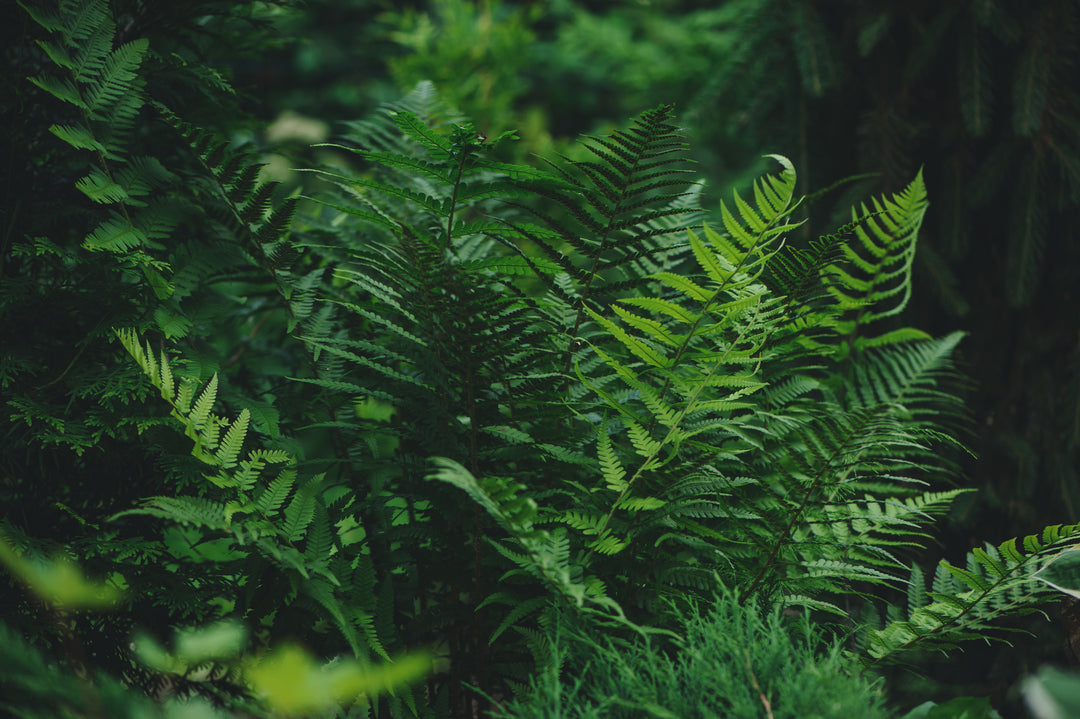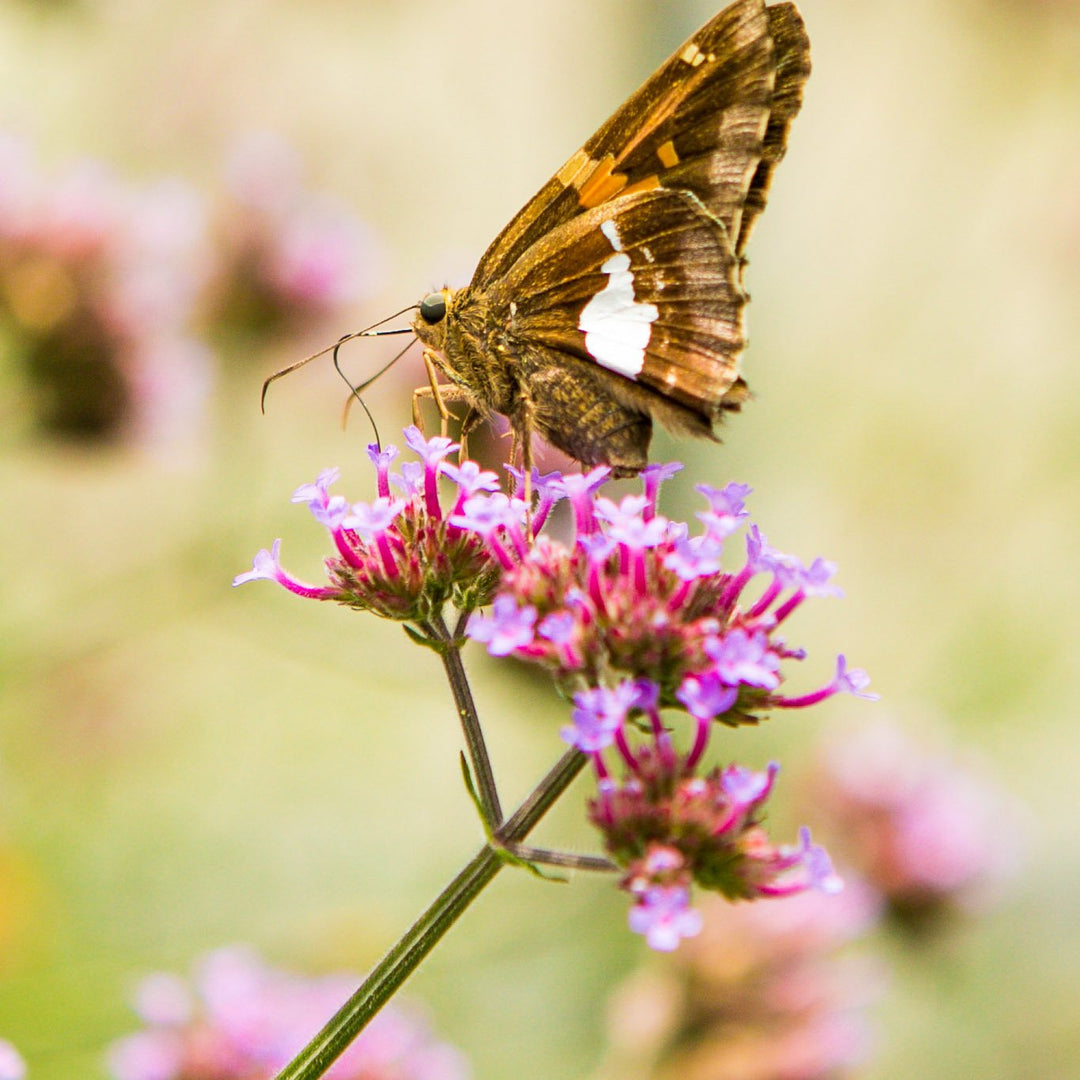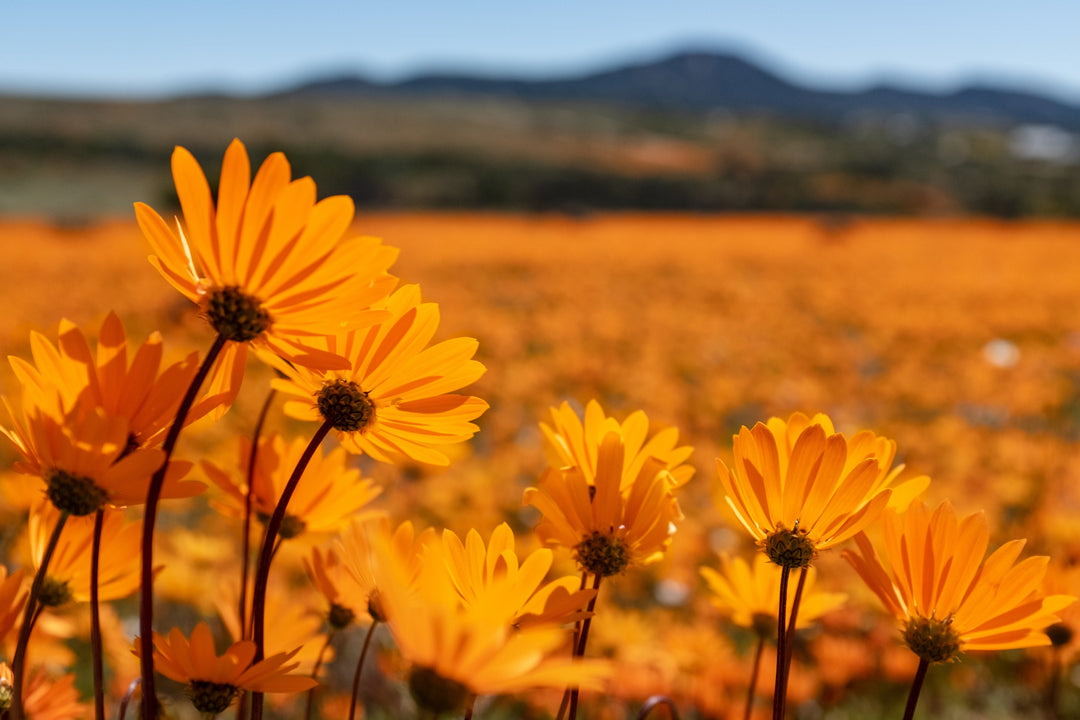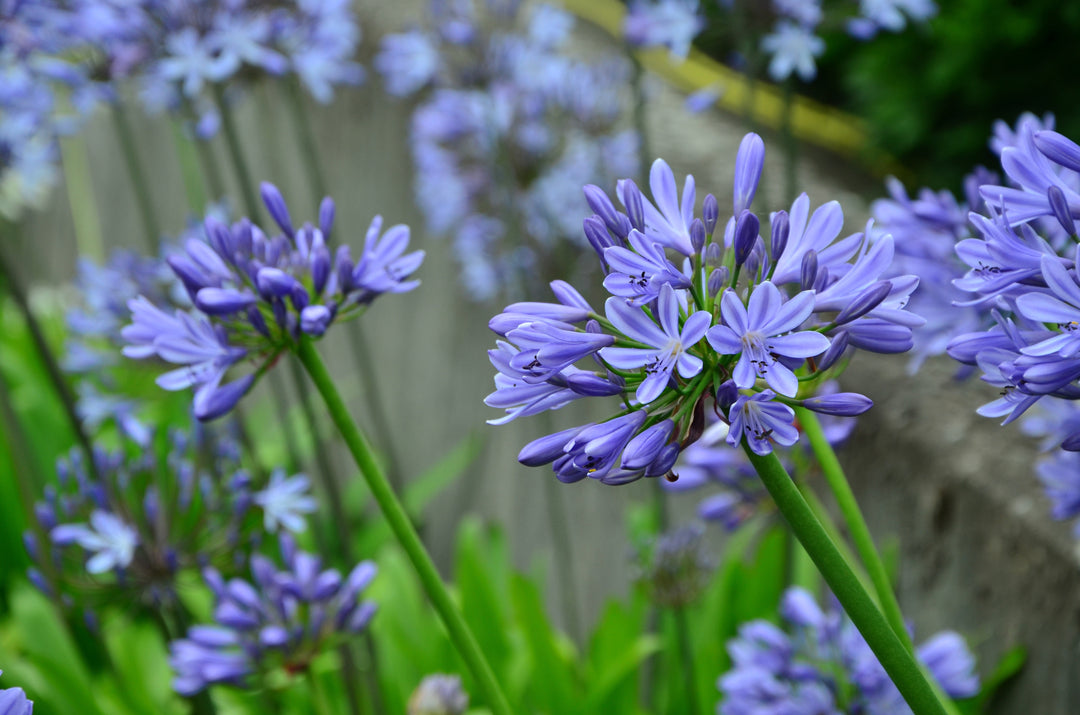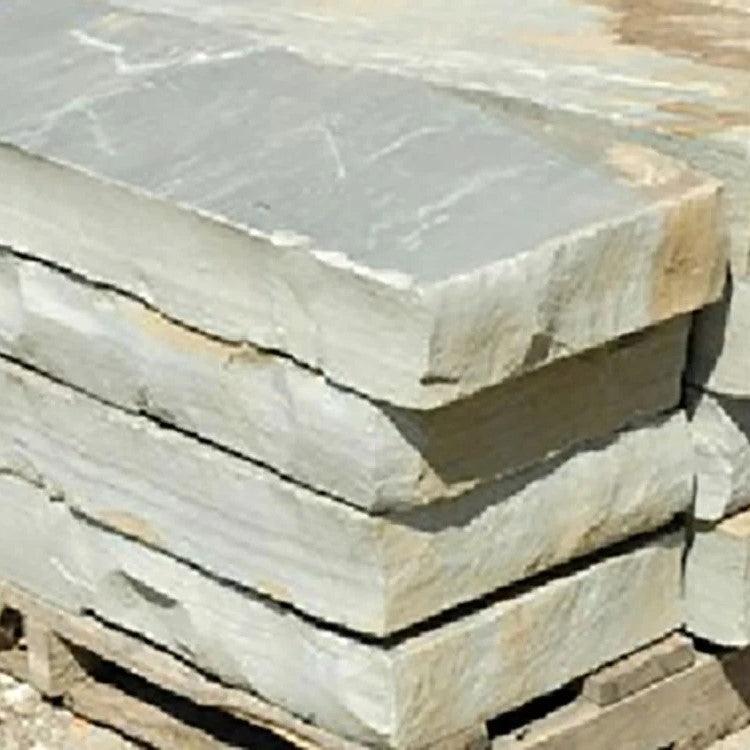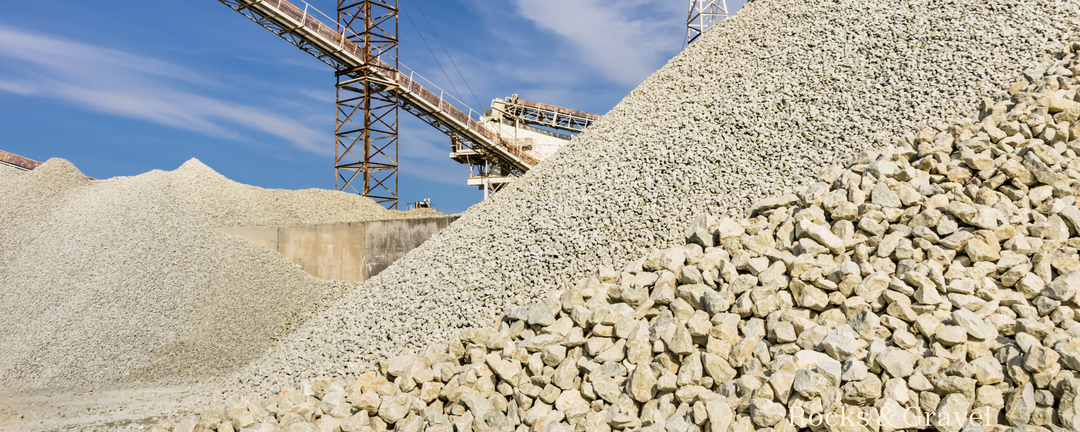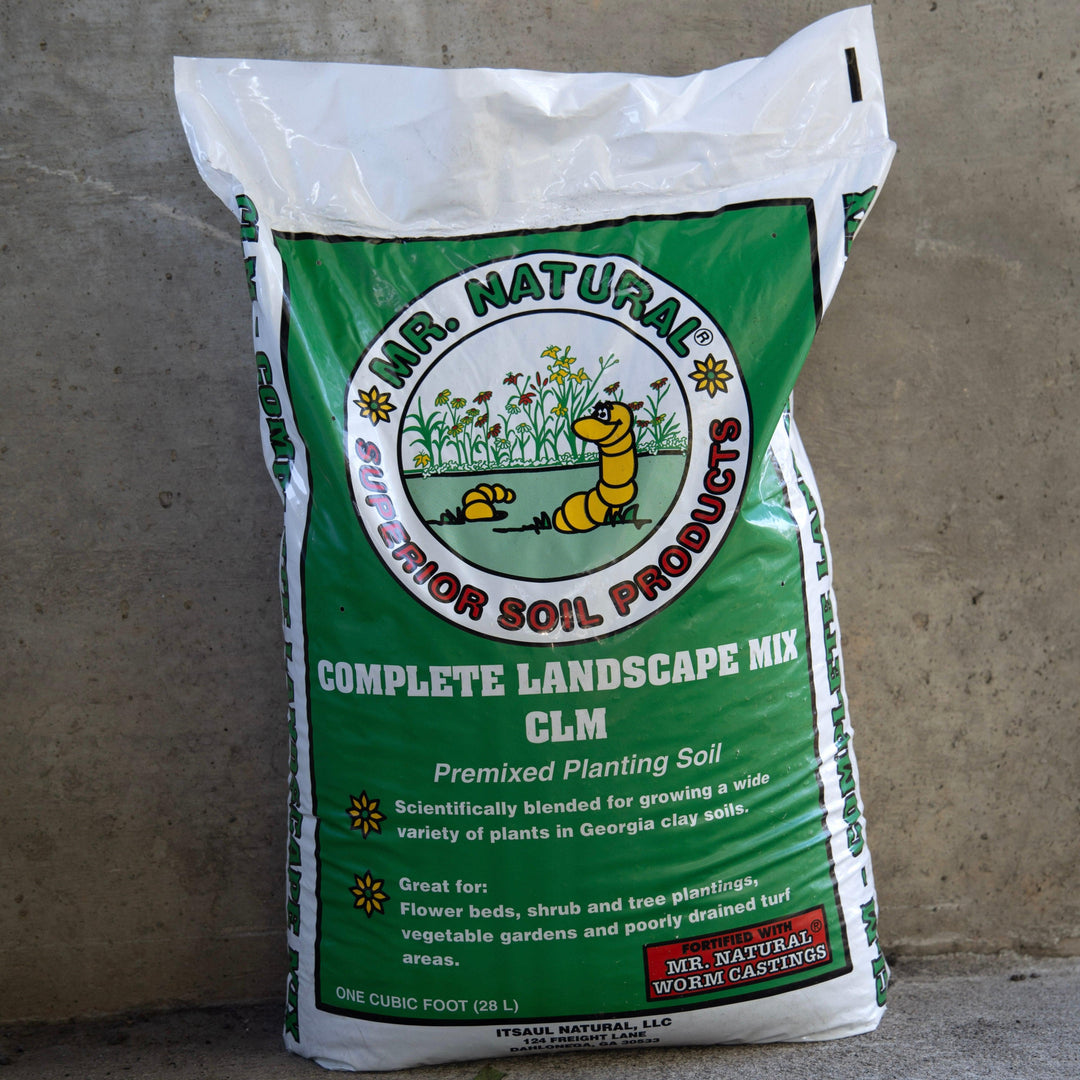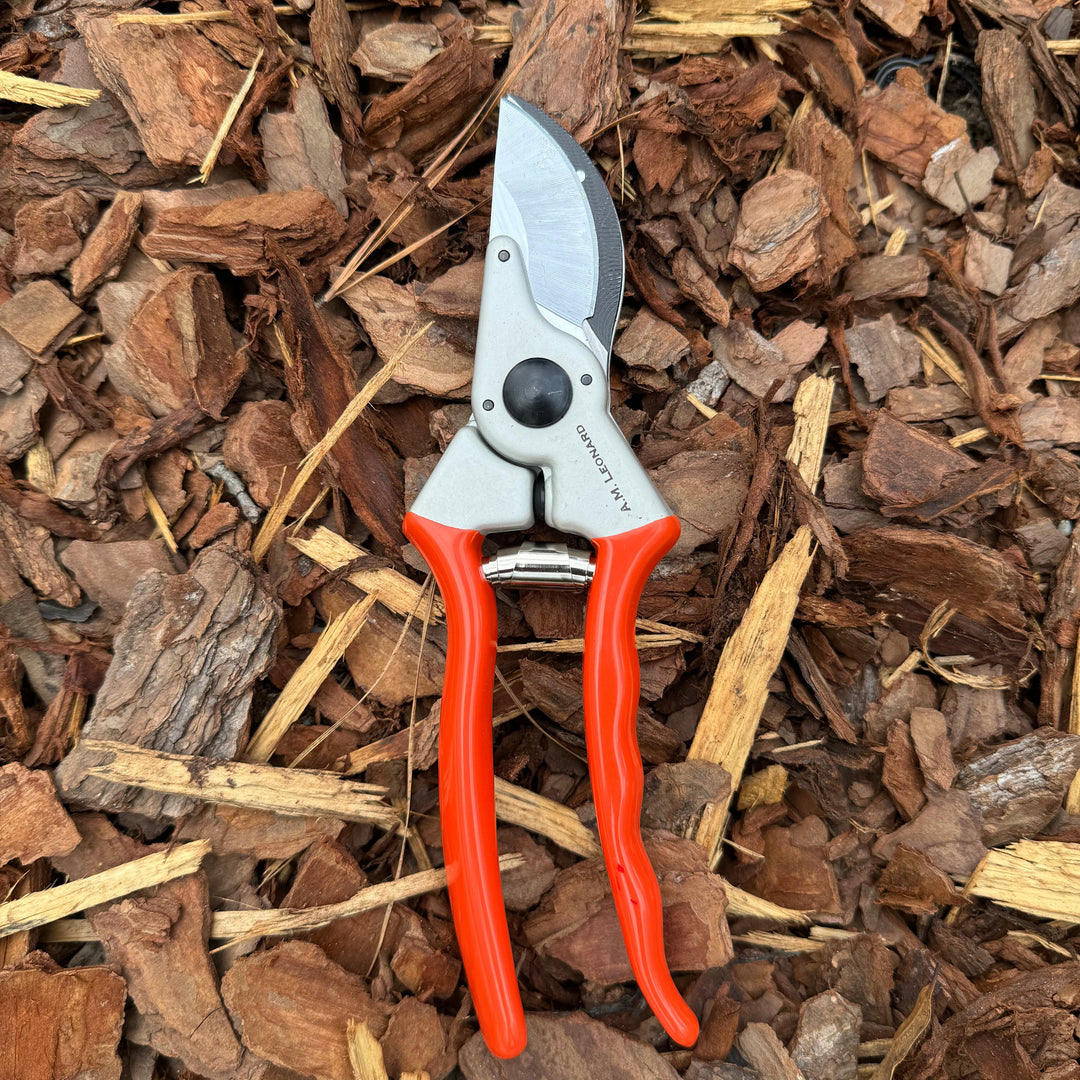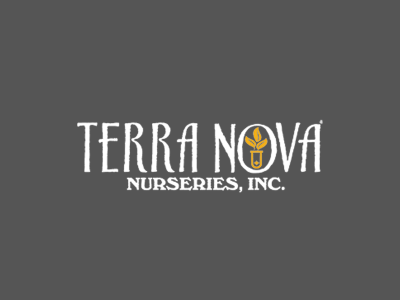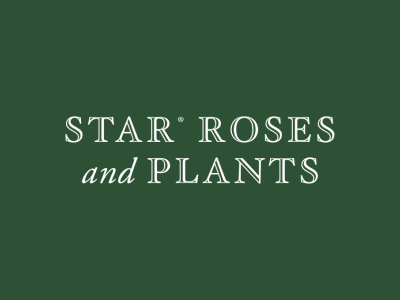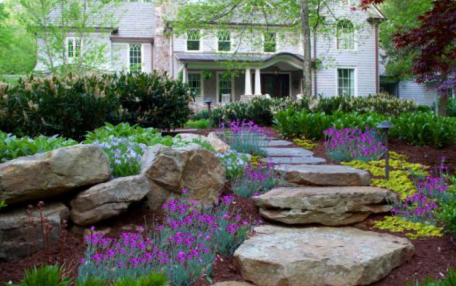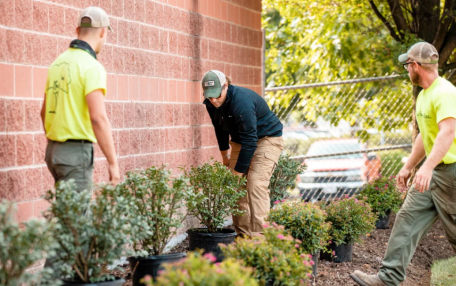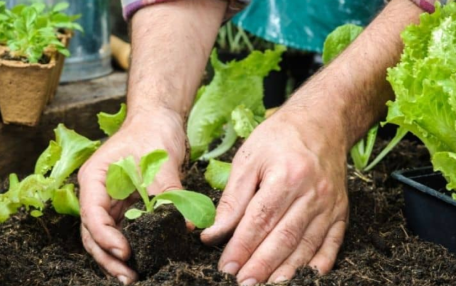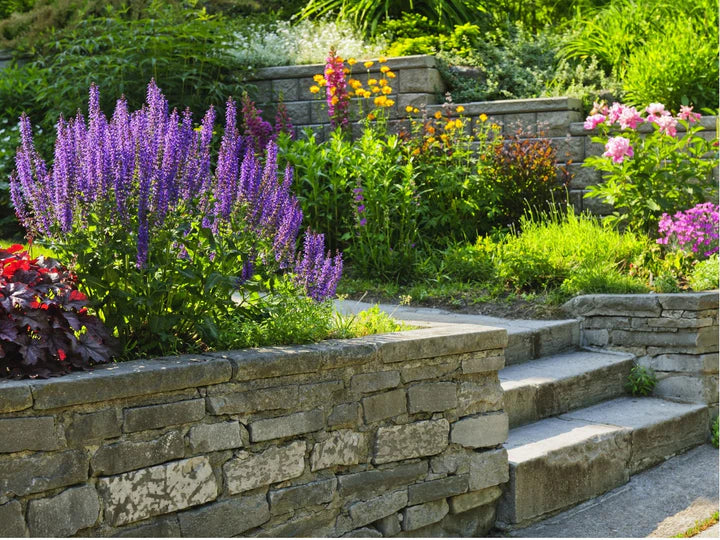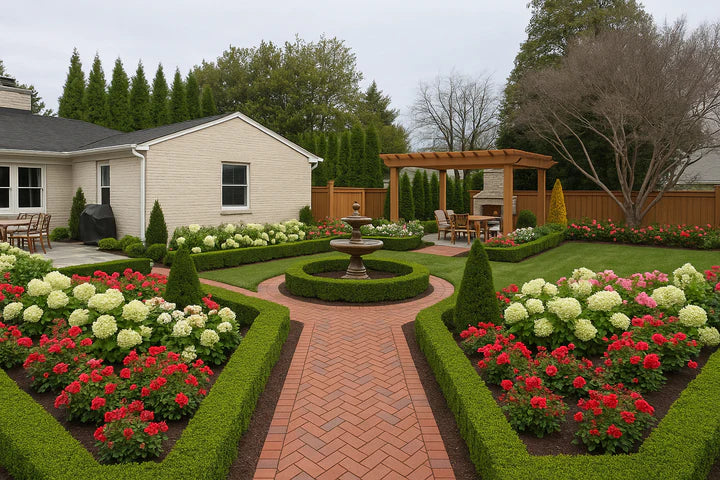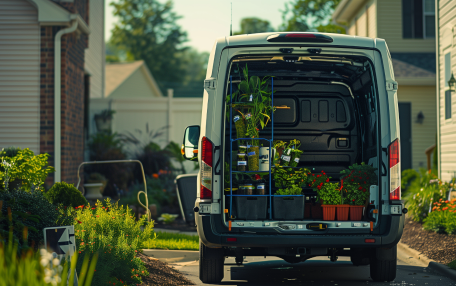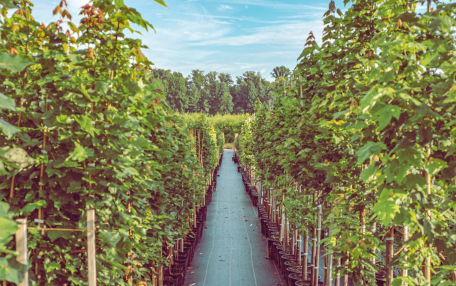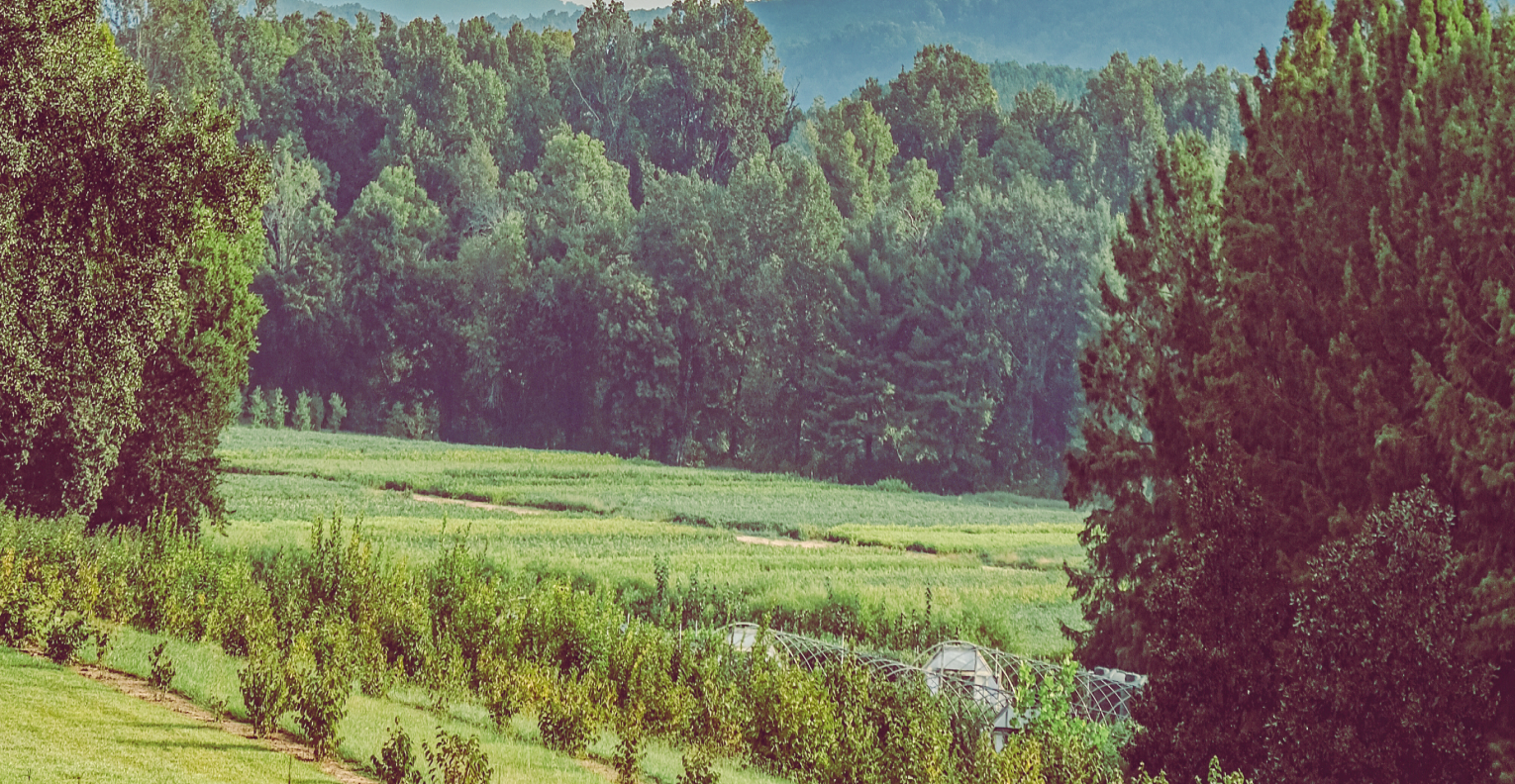The Desirable Pecan tree is a large, deciduous tree that can reach heights of 70 to 100 feet (21 to 30 meters) with a spread of 40 to 75 feet (12 to 23 meters). It has a spreading canopy and dark green, pinnately compound leaves that turn golden yellow in the fall.
One of the key features of the Desirable Pecan is its large and high-quality nuts. The nuts have a thin shell and a rich, buttery flavor, making them highly desirable for eating fresh or using in various culinary applications.
When it comes to growing the Desirable Pecan, it requires a long growing season and a warm climate. It prefers full sun and well-drained soil. Regular watering is important, especially during dry periods. Pruning can be done in late winter or early spring to maintain the tree's shape and promote healthy growth.
|
Type: |
|
|
Origins: |
South Central N. America |
|
Height: |
20’ - 30’ |
|
Spread: |
15’ - 20’ |
|
Spacing: |
18’ |
|
USDA Hardiness Zone: |
7 - 9 |
|
Culture: |
|
|
Bloom Color: |
Green |
|
Season of Interest: |
MAINTENANCE NEEDS: Low maintenance. Difficult to transplant due to taproot. Large trees can produce considerable litter with twigs, leaves, and nuts. No serious disease or pests. Hickory bark beetle, pecan weevil, borers and twig girdler can be problems in some areas. White heart rot, anthracnose, leaf blotch, powdery mildew, leaf spot, cankers, catkin blight, crown gall and scab are occasional diseases.
LANDSCAPE USES: Specimen planting or mass plantings, Woodland Garden, Naturalized Areas, Native Garden, and Shade Tree.
COMPANION PLANTS: Yellow Birch, Oakleaf Hydrangea, Bottlebrush Buckeye
IMAGES: James St. John, Carya illinoinensis (pecan tree) 1 (24790682337), CC BY 2.0, (2) Forest & Kim Starr, Starr-110209-0550-Carya illinoinensis-habit fall colors-MISC Piiholo-Maui (25073949365), CC BY 3.0 US, (3) Geo Lightspeed7, Pecan hulls burst open revealing fruit, CC BY-SA 4.0
*As plants have ranges in appearance they may not appear as the images shown.


